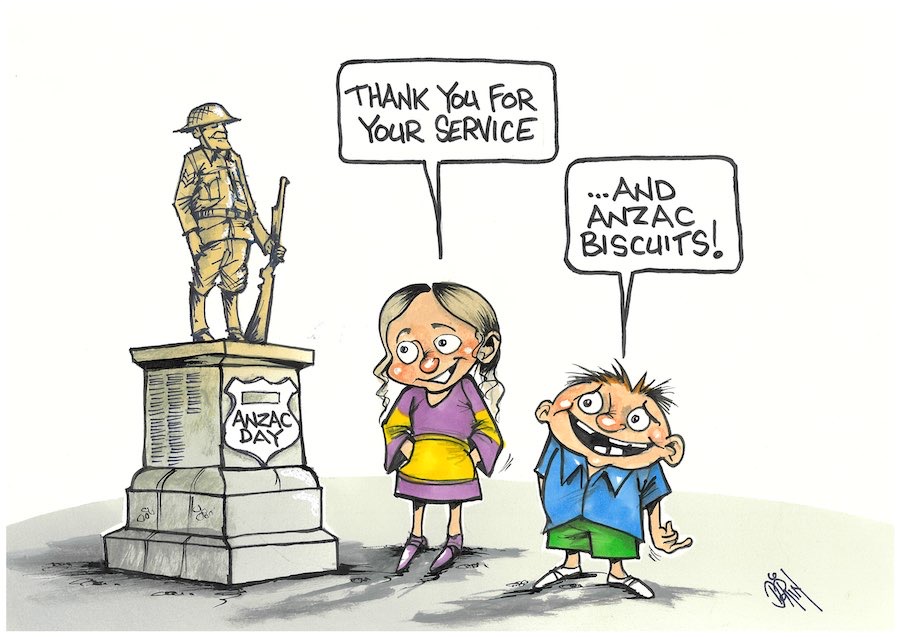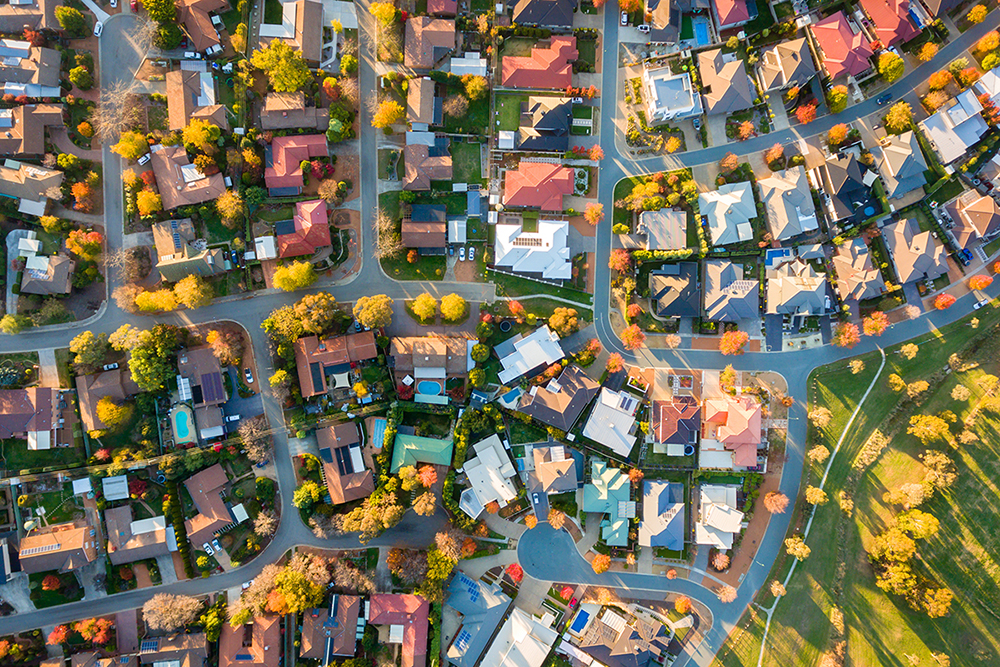“People tell us they want more open and honest talk from MLAs and MLAs tell us they want the community to talk to them about what they can do,” writes DR PETER TAIT, secretary of the Canberra Alliance for Participatory Democracy.
IF we, the people, participate in formulating the policy and making the decisions that affect how we live and how Canberra develops, then we are more likely to get the city we want to live in. That is, we, the people, need to participate in our government.

In our democracy, we elect MLAs to represent us. However, we do not hand over all control to them. They recognise this because they have set up the Community Councils, the YourSay platform and have an engagement strategy for consulting with community members.
Our MLAs want our feedback and complaints. Community feedback about government consultation is that it could be much better.
We think they can do more, and better, too.
Two ways to get people governing with our representatives are, firstly, to make it easier for neighbours to get together to discuss issues that concern them and to work out solutions that will work for them; secondly, to build means to help government to ask the community for input about what they see as the issues needing to be addressed, and then work with government on designing a solution.
Underlying this approach is a change in the way MLAs and community members work together.
We know how to get neighbours together; it was from one of these processes, kitchen-table conversations, that the Canberra Alliance for Participatory Democracy (CAPaD) was formed in 2015. We wanted to address concerns that our government wasn’t working for people and the environment. This view is expressed frequently in the pages of “CityNews”.
There are a range of other methods. One of them involves getting citizens to work with government on governing. The ACT has even done it with the 2017 and 2018 deliberative forums on Compulsory Third Party Insurance, Carers’ Voice Panel, Better Suburbs and Housing Choices. While these could have been done better, they show what is possible if governments want to make an effort.
What we need to do is build these methods into how we do governing in the ACT so we use them regularly and frequently. In fact, we have Community Councils and residents’ associations who already are active in this space and with some better support could do more.
Building a different relationship between MLAs and citizens is a new area. CAPaD is working with community and MLAs to help everyone understand more clearly how the MLAs can work better with active community members. This is at the electorate level, rather than at the government level.
People tell us they want more open and honest talk from MLAs and MLAs tell us they want the community to talk to them about what they can do.
There are a couple of ideas for how to set up good working relationships within each electorate. The Centre for Deliberative Democracy at Canberra University is running a “Connecting to Parliament” project in the federal electorate of Fenner. This by-invitation project is setting up regular meetings between MP Andrew Leigh and a group of his constituents to have conversations about the issues that are being debated in federal parliament. In several electorates around Australia, groups of voters are meeting to try to work with their representatives. Where this fails, they have chosen someone who will work with them. We may be able to set up such a group in one of the other federal electorates in Canberra.
At the Legislative Assembly level, it is a whole lot more interesting because of our multi-member, multi-party electorates. Setting up a group of voters to work on both electorate and ACT-wide matters with five MLAs presents a fascinating challenge.
What this shows is that mechanisms exist for getting members of parliament and community members to work together. How we can do that in Canberra will be explored further.
Underlying this discussion though, is the necessity to have MLAs who are willing to be a part of such processes.
That is why CAPaD invites the candidates standing for election to fill in and give us a questionnaire telling voters what skills they bring to the position and, if elected, how they are going to represent and work with us, the people, and what are they going to do to make democracy in Canberra stronger. So not only can voters choose between different party policy platforms, they can choose between different candidates from the same party.
This way we think we can work with our representatives to make a Canberra we want to live in.
Who can be trusted?
In a world of spin and confusion, there’s never been a more important time to support independent journalism in Canberra.
If you trust our work online and want to enforce the power of independent voices, I invite you to make a small contribution.
Every dollar of support is invested back into our journalism to help keep citynews.com.au strong and free.
Thank you,
Ian Meikle, editor





Leave a Reply